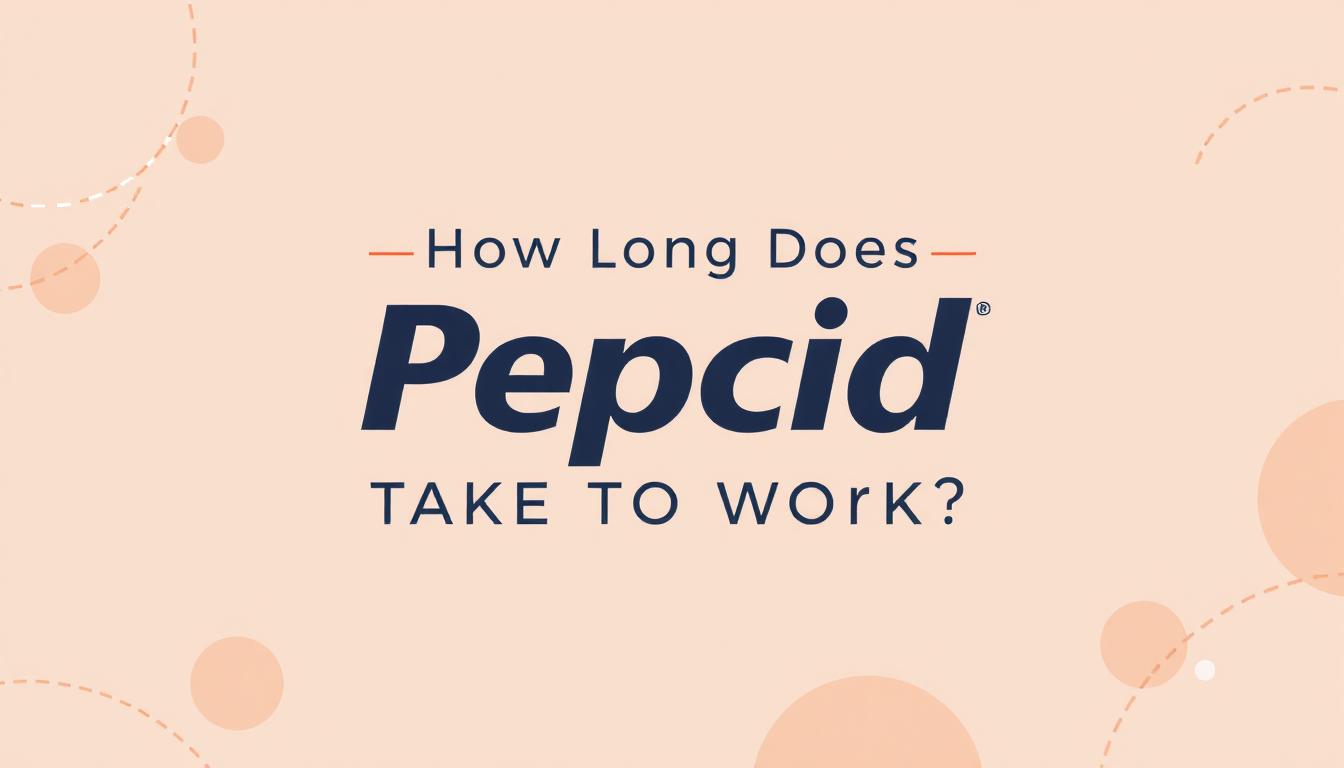Infertility: Causes, Signs & Treatment Options
 Balaji
|
Balaji
|
 25 Jul 2025
25 Jul 2025
What is infertility, and when is it diagnosed
Infertility means a couple’s been trying to get pregnant for a while—usually a full year of regular, unprotected sex—and it’s just not happening. For women over 35, doctors usually don’t wait that long and will check after 6 months.
It can be either partner. Sometimes both. And other times, the tests come back normal, and it still doesn’t happen. That’s called unexplained infertility, and it’s honestly one of the hardest things to hear because it gives no answers, just more questions.
Diagnosis starts with a talk about health history and basic tests like bloodwork, ultrasounds, and sperm checks. Sometimes the problem shows up right away. Other times, it takes longer to figure out.
Common causes of infertility in women
One big reason women struggle to get pregnant is ovulation problems. If you don’t release an egg every month, it’s kinda game over from the start.
PCOS (Polycystic Ovary Syndrome) is one of the main causes. It throws off hormone levels and can cause irregular or missing periods. The PCOS infertility rate is high, but there are treatments that work for many women.
Another common issue is endometriosis, where tissue that normally lines the uterus starts growing outside it. That can block tubes or affect the way eggs and sperm meet.
Blocked fallopian tubes, ovarian cysts, and even age matter a lot too. Some ask, can ovarian cyst cause infertility? If they’re big or keep coming back, yeah, they can mess with ovulation or cause damage. And age—especially after 35—makes it harder each year because egg quality drops, even if periods still show up like clockwork.
Common causes of infertility in men
A lot of people think fertility problems are mostly on the woman, but nope. Male infertility is just as common.
It usually comes down to low sperm count or poor sperm movement. If the sperm can’t swim right or there aren’t enough of them, it’s way harder to reach and fertilize the egg.
Hormonal issues, old injuries, varicoceles (those swollen veins in the scrotum), or even genetic disorders can affect sperm health too. So yeah, if someone asks, is infertility genetic, the answer’s sometimes yes—for both guys and girls.
Simple things like heat exposure (hot tubs, laptops on your lap), tight boxers, or heavy alcohol can also lower sperm quality without anyone even realizing it.
Lifestyle factors that can affect fertility
How you live every day plays a bigger role than people think.
Stress, bad sleep, poor diet—all of that can mess with hormones. Smoking, drinking too much, or carrying extra weight (or being underweight) can throw off cycles or hurt sperm count.
Some worry about can birth control cause infertility. Not really. Most women start ovulating again within a few months after stopping the pill, though some take longer.
And about the COVID vaccine and infertility—that rumor’s been around, but studies haven’t shown any link. If anything, getting COVID itself could affect fertility temporarily. The vaccine doesn’t.
How infertility is tested and evaluated
Doctors start with basics. For women, that means blood tests for hormone levels, checking the uterus and ovaries with ultrasound, and maybe an HSG test to see if the tubes are open.
For men, it starts with a semen analysis to look at sperm count, shape, and movement.
They also talk about cycle tracking, past illnesses, miscarriages, or anything else that could be a clue. Sometimes after all this, there’s still no clear answer—back to unexplained infertility, which is frustrating, but it’s real.
Treatment options for infertility
Depends what the problem is. If a woman’s not ovulating, meds like Clomid or letrozole for infertility are usually the first step. Letrozole is used a lot for PCOS—it helps trigger ovulation in a gentler way than some older drugs.
If sperm needs help reaching the egg, doctors might try IUI—that’s where sperm is placed directly into the uterus around ovulation time.
More complicated cases might go to IVF, where they fertilize the egg outside the body and place it back into the uterus.
Sometimes surgery helps—like removing fibroids or fixing blocked tubes.
Sanford Pharmacy can help with the meds—fertility drugs, hormone shots, and everything else couples need along the way.
Coping emotionally with infertility
This part’s heavy. When you want something so badly and it keeps slipping through your fingers, it’s hard not to feel broken—even though you’re not.
Month after month of negative tests can lead to frustration, guilt, even depression. It can pull couples closer or push them apart.
That’s why infertility counseling matters. Having a space to talk about what’s going on inside—without judgment—helps more than people think.
And if you’re tired of hearing “just relax and it’ll happen,” you’re not alone.
Natural remedies and holistic approaches
Some couples try natural options either before or during medical treatments.
Acupuncture can help with stress and hormone balance. Some women swear it made their cycles more regular.
Diet changes—more greens, less sugar, cutting out processed stuff—might support hormone health. Some use herbs like maca or chasteberry, but it’s best to ask a doctor first.
Yoga, meditation, and breathing exercises help reduce stress, and that helps balance hormones too.
Not a magic fix—but it can support your body and help your mind stay steady through it all.
When to see a fertility specialist
If you’ve been trying for a year (or six months if over 35), it’s time to talk to a specialist.
Also go sooner if you’ve had irregular periods, known problems like PCOS or endometriosis, or if your partner has had testicular injuries or sperm issues.
Early testing gives you answers and more time to figure out the next steps. Don’t wait just because you feel like you "shouldn't need help yet."
Myths and misconceptions about infertility
There’s a lot of bad advice out there.
“Just relax.”
“Take a vacation and it’ll happen.”
“It’s always the woman’s fault.”
“If you already had a kid, you can’t be infertile now.”
Wrong on all counts.
Can HPV cause infertility? Not directly, but if HPV leads to cervical changes or untreated infections, that can affect fertility down the line.
Infertility is a medical issue, not a lack of effort or hope. Blame has no place here.
With care, science, and support, many people go on to conceive. And even when they don’t, they find other paths to build a family.
Sanford Pharmacy walks with you every step—offering meds, guidance, and compassion that actually fits real life. No fluff, just support when you need it most.
Categories

How Long Does It Take for Allegra to Work?
 Desirae
Desirae
.png)
How Long Does Amoxicillin Take to Work?
 Meaghan
Meaghan

How to Use Clindamycin Phosphate Gel?
 Curtis
Curtis

How Long Modafinil Stays in Your System?
 Karsyn
Karsyn

How Long Does Pepcid Take to Work?
 Earl
Earl












.webp)
.webp)
-(2).webp)

.webp)